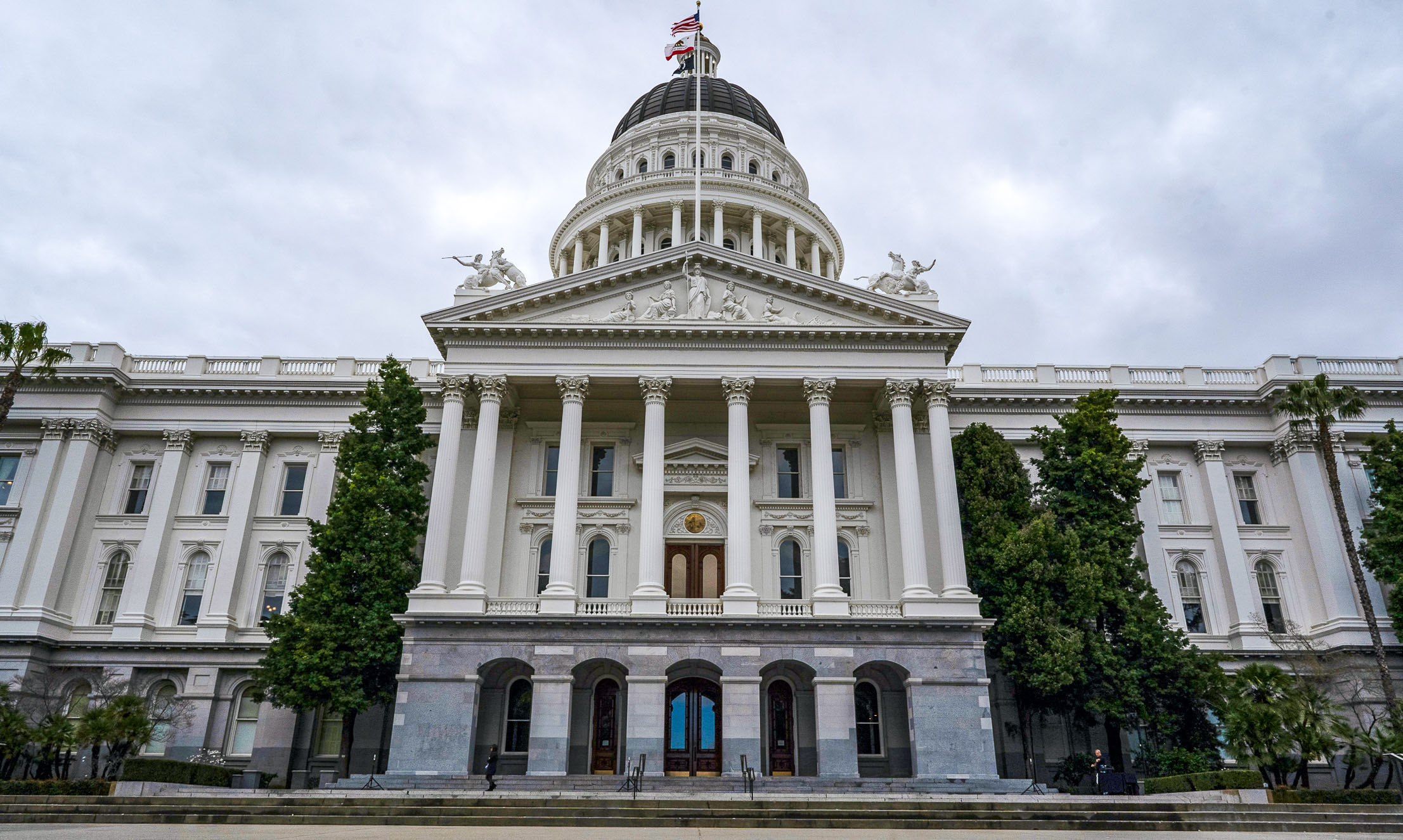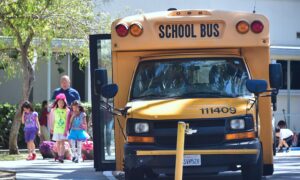Commentary
While in recent years many issues such as homelessness and drug use have risen in California because of harm reduction and similar policies, there are now a few bright spots in legislation that may help improve the situation in the state.
Crime and Homelessness
This year, a bevy of bills in California—five in the Assembly and five in the state Senate—were
passed to address the persistent problem of smash-and-grab mobs and shoplifters, as well as crack down on auto break-ins and car thefts.
For years, thieves have had to surpass the threshold of $950 worth of stolen merchandise in a single incident in order to be prosecuted as a felony. The threshold remains the same, but individuals can now be prosecuted for stealing and then reselling stolen goods. Several thefts at various locations can also be combined to add up to that felony threshold level.
Let’s hope that these new laws will be enforced so that lawless mobs will think twice before breaking and entering businesses in order to generate destruction and theft. Business owners should not have to constantly beef up security and look over their shoulders in order to serve their customers in the community.
On another front, it appears that the theft of catalytic convertors has decreased somewhat because many dealers are now imprinting the VIN number of vehicles on the catalytic convertors. This makes it easier for law enforcement to track down catalytic convertors that have been stolen and then sold to unscrupulous owners of vehicle parts shops.
In the homeless sphere, California Gov. Gavin Newsom has mandated that cities start to clean up their homeless encampments. This could be a complex endeavor, but it makes sense because these encampments infringe on the rights of business owners to operate their stores unhindered by homeless blockades on sidewalks and streets. Pedestrians and vehicle drivers should also be able to go about their lives without having to navigate around these dangerous encampments that often are riddled with drugs and behavioral issues.
Perhaps inexpensive temporary shelters can be utilized to assist the homeless, along with treatment programs for those who need it. However, much of the responsibility in solving the homeless crisis should be placed on the homeless themselves. They need to exert efforts to improve their lives through education, job searches, and treatment so that taxpayers don’t have to constantly foot the escalating bills.
College Campuses
The chancellors of both the California State University and University of California systems have directed the presidents of each university to tighten up consistent
guidelines regarding student protests on their respective campuses. These directives were formulated as a result of the chaotic campus unrest on a number of campuses during the spring semester. Some campuses already had firm guidelines in place, while others, such as UCLA, did not.
These new guidelines allow for peaceful protests in designated areas but forbid the blockading of buildings, campus walkways, and any other disruption that interferes with the safety and accessibility of the campus. Protesters must not hide their identities or abridge the rights of students to feel safe within a learning environment or for visitors who are on campus. Students are paying for an education that should not be an intimidating experience. The First Amendment and tolerance is a two-way street.
Public Education
Recently, a bill was passed to mandate a course in
financial literacy for high school students, effective in 2027–28. This one-semester course could be helpful for young people who lack financial literacy regarding investing, saving, and spending money wisely. This course could also teach the value of a dollar and the satisfaction of earning money through hard work.
It could also teach students how to write checks, pay bills, and handle credit cards and credit card payments in a timely manner. Far too many students exit high school without a solid foundation of money management. This course could help them to take advantage of earning opportunities to enhance their future in college and beyond.
Next, another piece of legislation was passed that authorizes districts to limit phone usage by students during the school day. The bill has been sent to the governor for his signature. An earlier bill in 2019 wasn’t effective, so this new legislation appears to take the problem of phone fixation seriously. Some districts already have stricter policies in place, while others are inconsistent.
Restricting phone usage during the day could possibly help reduce rampant absenteeism and help students become more engaged in the learning process. It could also lead to fewer addictive behaviors or depression because students might develop greater situational awareness. Tearing their eyes away from screens could spur intellectual growth, physical activity, and healthy socialization. Engaging in class can assist students in becoming better readers and writers as well.
Finally, decades ago, phonics, or the science of reading, was taught from a young age, but then it gradually faded away in most schools. While a bill that would have required schools to teach phonics in early elementary school died in the state legislature earlier this year, many educators and language arts teachers support phonics, and lawmakers say they will bring it back next year.
Phonics has been proven to be effective, because students learn early on how to associate letters with sounds. They then learn how to string consonants and vowels into words, sentences, and, gradually, paragraphs. Hopefully, it will become part of the teaching arsenal, because other methods have not been as successful, as evidenced by low student proficiency scores on state tests.
Although all of these actions ought to have been carried out years ago, it’s never too late to enact policies that could benefit Californians of all ages.














